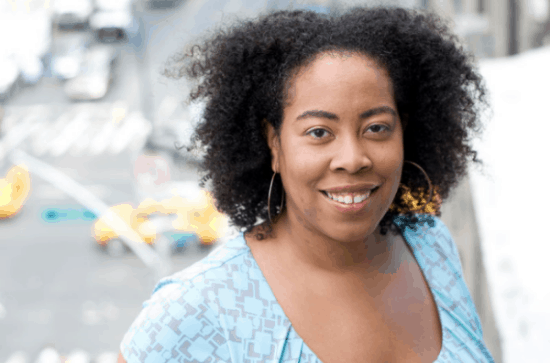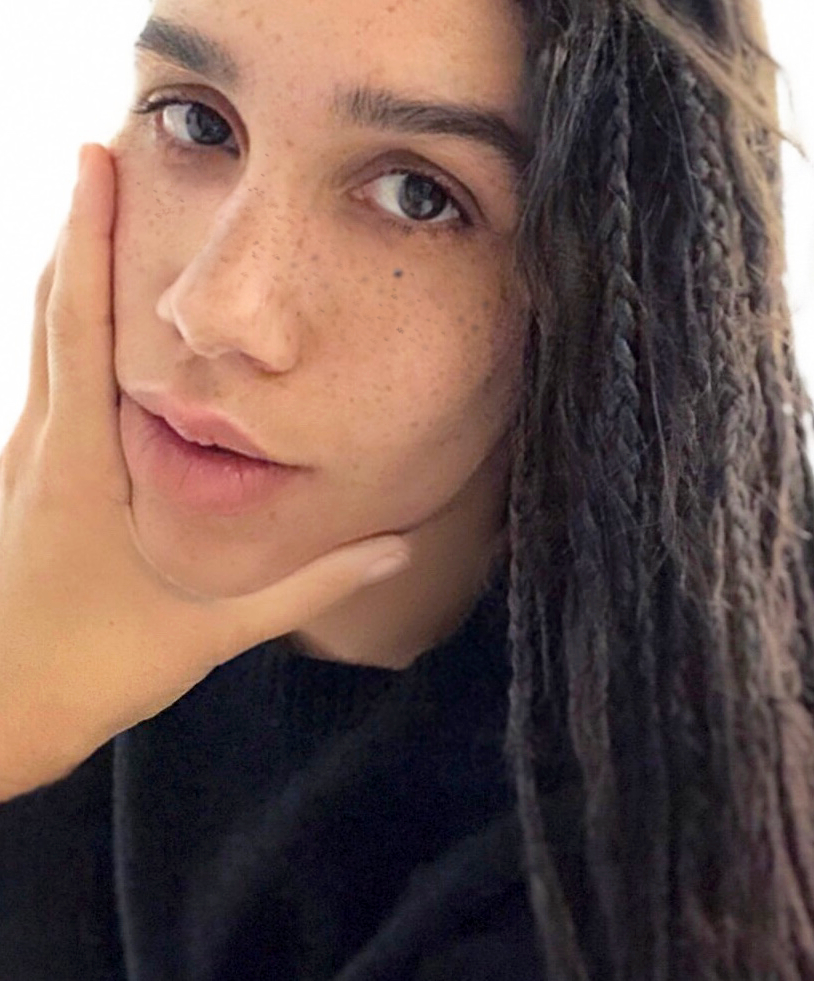By: Chloe Uhls
While the city of New Orleans is notorious for its rich history of jazz, there is a hidden group of outstanding and underrated filmmakers. Nonprofits like NOVAC are unlocking the power of storytelling by cultivating these independent and unheard voices.
New Orleans has been repeatedly depicted on film, whether through documentation of jazz, Mardi Gras, or parades. Still, there are many underrepresented communities whose stories are told by emerging documentary filmmakers. They provide an essential service by shining light on issues that wouldn’t otherwise be publicly known.
Below, I will discuss the work of three BIPOC, female New Orleans-based filmmakers doing just that.
Angela Tucker, founder of TuckerGurl LLC
By telling irreverent stories about underrepresented communities, Angela Tucker has given a voice to the people who need it the most. She is a talented and award-winning director and producer who has truly changed the documentary game. After getting her MFA in Film Studies at Columbia University and working for Big Mouth Productions, she moved to New Orleans to be surrounded by more artists. Her documentary short All Skinfolk, Ain’t Kinfolk highlights the historical 2017 New Orleans mayoral race between two very different Black female candidates, inspiring people to be more involved in their local elections. She also has a series called Black Folk Don’t that challenges common stereotypes placed on Black people. With all of these amazing stories, Tucker has mentioned in an interview that the work she is most proud of is her documentary A(sexual), exploring the stories of people who experience no sexual attraction in a sex-obsessed society.

Angela Tucker (Photo: neworleansfilmsociety.org)
Garrett Bradley, director of Time (2020)
Through her majestic cinema, Garrett Bradley combines genres to explore topics such as race, class, justice, and southern culture in the United States. Bradley, a New York City native, received her MFA in directing at UCLA and now lives in New Orleans, earning many awards for her eye-opening content. Her most recent and famous work is a documentary feature called Time, following the story of Fox Rich, a mom of six kids fighting for the release of her husband who faces a 60-year sentence in the Louisiana State Penitentiary for a robbery committed in the 90s. Through the combination of old and new footage, Bradley paints an emotional picture of the devastation created by the criminal justice system in America. She is also known for her film Cover Me, which was created alongside another artist, Tameka Norris, where 30 hours of material is condensed into one hour to tell the story of a musician who returns to New Orleans. Bradley uses unique storytelling methods such as tape recording, filming, and interviewing people in her travels. New Orleans has become a muse for her. She sees a beautiful city full of cultural beginnings but also features problems that must be addressed through her art.

Garrett Bradley (Photo: IMDB)
Vashni Korin, director of You Can’t Stop Spirit (2021)
Vashni Korin is a young and emerging female content creator who brings fantastical elements of life to her work. As a Caribbean-American woman born in New York who graduated from Xavier University in 2016, Korin is in the early stages of her career. Her most recent work submitted to the New Orleans Film Society is a documentary short about one of the first women’s street masking groups called the Baby Dolls, a group of Black women who parade the streets on Mardi Gras day wearing frilly bonnets and lavish dresses. Korin explores the gentrification that has affected and disenfranchised their community as they fight to maintain their traditions. Her exquisite and spiritual filmmaking illustrates themes of identity and womanhood.
Vashni Korin (Photo: filmfreeway.com)
These filmmakers have one thing in common: they serve underrepresented communities in New Orleans by telling authentic and inclusive stories. By evoking strong emotions in its audience, storytelling is one of the most powerful tools of persuasion. While the film industry has tons of work to do regarding on-screen and behind-the-camera representation, these brilliant BIPOC female filmmakers are revolutionizing New Orleans cinema.
 NOLAbeings
Multimedia artist Claire Bangser created NOLAbeings as a portrait-based story project that marries...
NOLAbeings
Multimedia artist Claire Bangser created NOLAbeings as a portrait-based story project that marries...
 Data corner: Adobe Suite (create a PDF, social media graphic, presentation, edit a photo and video
Data corner is where you go to work with analytics and top tech skills. It takes on everything from PERL and SQL to Canva and Sprout Social.
Data corner: Adobe Suite (create a PDF, social media graphic, presentation, edit a photo and video
Data corner is where you go to work with analytics and top tech skills. It takes on everything from PERL and SQL to Canva and Sprout Social.
